Enquiries
Enquires at Foundation Stage and Key Stage 1 allow children to seek out the answers to historical questions either working with the teacher or by themselves. Read more
-
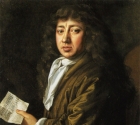
KS1: Teaching about significant individuals
ArticleClick to view -

Pull-out Posters: Primary History 70
ArticleClick to view -
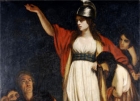
Developing enjoyable historical investigations
ArticleClick to view -

From Home to the Front: World War I
ArticleClick to view -

Assessment and Progression without levels
ArticleClick to view -
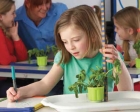
Using 'Development Matters' in the Foundation stage
ArticleClick to view -
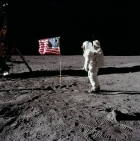
Implementing the 2014 curriculum in Year 2
ArticleClick to view -

The 2014 History National Curriculum: how to get the best from heritage
ArticleClick to view -

Why stories?
ArticleClick to view -
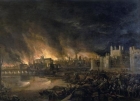
The Great Fire of London and the National Curriculum
ArticleClick to view -

Towards inclusion: A study of significant figures and disability within the national curriculum
ArticleClick to view -

Teaching famous people at key stage one
ArticleClick to view -

In My View: Creativity & History
ArticleClick to view -
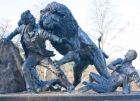
Thematic or topic based whole school curriculum planning
ArticleClick to view -

A creative Egyptian project
ArticleClick to view -

Enhancing temporal cognition: Practical activities for the primary classroom
ArticleClick to view -
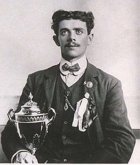
An Olympic Great? Dorando Pietri
ArticleClick to view -
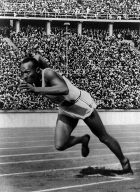
From Champion to Hero: Engaging Pupils in a study of significant Olympians
ArticleClick to view -
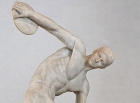
Primary History and planning for teaching the Olympics - four curricular models
ArticleClick to view -

William Brookes and the Olympic Games
ArticleClick to view

